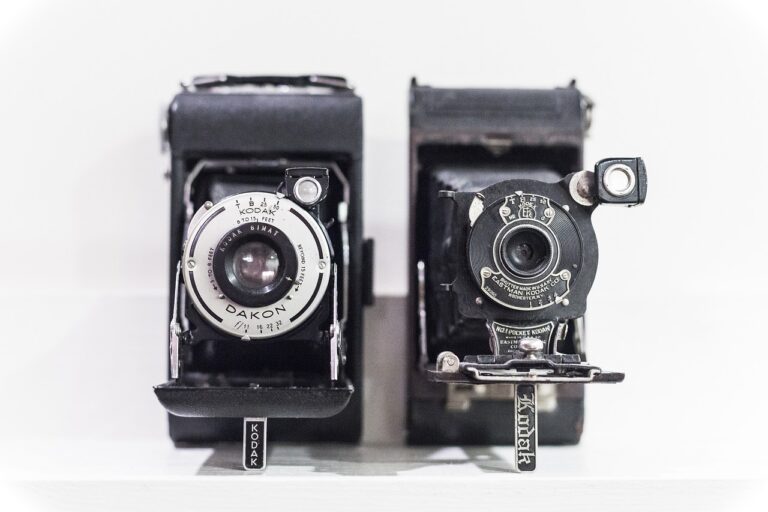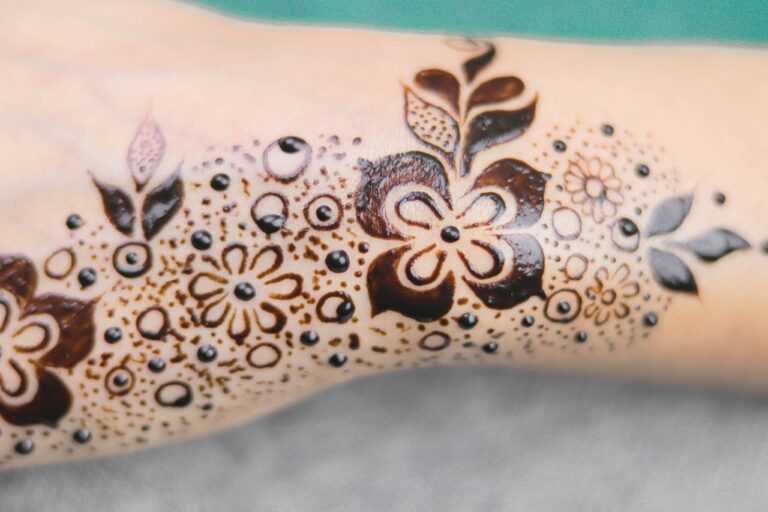Fashion and Ethical Manufacturing: Ensuring Fair Labor Practices in the Industry
Fair labor practices in fashion manufacturing are crucial for upholding the dignity and rights of the workers who bring our clothes to life. With the rapid pace of production in the industry, ensuring that workers are treated fairly, paid fairly, and provided with safe working conditions is a fundamental responsibility that cannot be overlooked.
Employing fair labor practices not only benefits the workers themselves but also contributes to building a sustainable and ethical supply chain. Consumers are increasingly valuing transparency and ethical practices in the brands they support, making it imperative for fashion companies to prioritize fair labor practices as a core part of their operations. By adopting and promoting fair labor practices, fashion brands can set a positive example in the industry and foster a culture of respect and equality throughout the manufacturing process.
• Fair labor practices uphold the dignity and rights of workers in fashion manufacturing
• Workers must be treated fairly, paid fairly, and provided with safe working conditions
• Fair labor practices contribute to building a sustainable and ethical supply chain
• Consumers value transparency and ethical practices in the brands they support
• Fashion companies need to prioritize fair labor practices as a core part of their operations
• Adopting fair labor practices sets a positive example in the industry
History of Labor Exploitation in the Fashion Industry
The history of labor exploitation in the fashion industry is a long and troubling one. For decades, workers in many developing countries have been subjected to poor working conditions, inadequate pay, and long hours to meet the demands of fast fashion brands. These workers, often women and children, have faced exploitation in the form of low wages, lack of job security, and unsafe working environments.
The rise of globalization and outsourcing has further fueled labor exploitation in the fashion industry. As companies seek to cut costs and increase profits, they often turn a blind eye to the unethical practices taking place in their supply chains. From sweatshops to forced labor, the industry’s dark history of exploitation continues to be a stain on the global fashion market.
Current Challenges in Ensuring Ethical Manufacturing
One major challenge in ensuring ethical manufacturing in the fashion industry is the lack of transparency within supply chains. Many brands outsource their production to countries with lower labor standards, making it difficult to track and monitor working conditions. This opacity allows for potential exploitation of workers, as companies may prioritize profit margins over fair labor practices.
Another significant challenge is the pressure to meet consumer demands for fast fashion. The fast-paced nature of the industry often leads to tight production schedules and cost-cutting measures, which can contribute to unethical labor practices. Balancing the need for quick turnaround times with the responsibility to uphold ethical standards poses a complex dilemma for fashion brands striving to maintain both profitability and ethical manufacturing practices.
Why is fair labor practices important in fashion manufacturing?
Fair labor practices ensure that workers are treated ethically and are not exploited in the production process. It also upholds basic human rights and promotes a more sustainable and ethical industry.
What is the history of labor exploitation in the fashion industry?
The fashion industry has a long history of labor exploitation, with workers being subjected to long hours, low wages, and unsafe working conditions. Sweatshops and child labor have been prevalent in many manufacturing facilities.
What are some current challenges in ensuring ethical manufacturing in the fashion industry?
Some current challenges include lack of transparency in the supply chain, difficulty in monitoring working conditions in factories overseas, and pressure to produce goods quickly and cheaply. Additionally, there may be limited resources for enforcing labor laws and holding companies accountable.
How can consumers support ethical manufacturing in the fashion industry?
Consumers can support ethical manufacturing by researching brands and their manufacturing practices, choosing to buy from companies that prioritize ethical production, and advocating for transparency and accountability in the industry. Additionally, supporting fair trade and sustainable fashion initiatives can help drive positive change.







